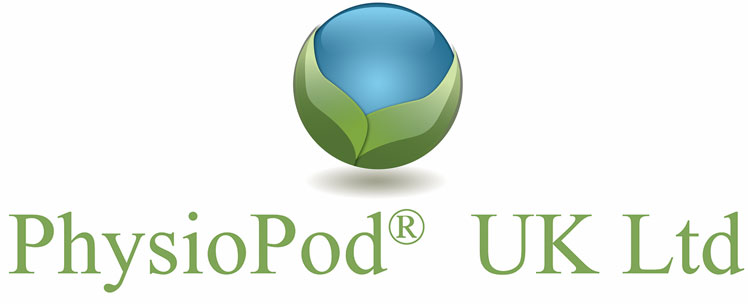Clinical Considerations After Head and Neck Surgery - Christine Talbot, Lymphoedema and Bowen Practitioner
As part of the PhysioPod UK and LWO Community Lymphoedema Awareness Week (6-11 March 2022) Joint Campaign, we asked Christine Talbot to discuss the considerations to take into account following head and neck surgery.
Christine Talbot, Lymphoedema and Bowen Practitioner
Clinical Considerations After Head and Neck Surgery:
Advice given following head and neck surgery is patient specific with particular attention to the extent of procedures undertaken, listed below are some situations to consider:-
- Diligent mouth care is essential for preventing oral infection, dental caries and infection which could be transferred from the mouth to the heart or kidneys. Halitosis due to poor oral hygiene is not pleasant and may cause further isolation from others and a feeling of shame linked to poor self-management.
- Both non and peg fed patients may have a fear of swallowing, so introducing anything into the mouth might cause anxiety and the fear of choking. Patients on peg feeds tend to manage changing the bag solutions and re setting the pump themselves but the responsibility of this when coming for an appointment may cause anxiety, some find the feed solutions nauseating..
- Patients following dental extraction, jaw and palate reconstruction may find articulating jaw movements challenging, particularly when ingesting food which is often semi liquid to begin with and may progress more towards solids when mastication improves. Damage to the oesophagus may cause strictures requiring periodical surgical intervention to stretch the oesophagus to allow the passage of food. There may be inter-oral scar tissue and radiotherapy damage preventing normal articulation of the tongue for speaking and eating.
- Laryngectomy patients may have difficulty and anxiety when communicating with others and be fearful of the endotracheal tube.. Scar tissue may tighten around the bronchus, tube and oesophagus whereby the hole requires stretching and the valve to be sized correctly.
- Head and neck surgery may involve extensive excision of or damage to facial nerves, muscles, cervical lymph vessels, and lymph nodes. The effective passage of lymph transportation to the neck protects against infection and disease, a higher risk of infection is likely due to a retained high protein rich oedema. When drainage processes are impaired facial and neck swelling may become apparent causing facial disfigurement, pain, inability to control oral and nasal secretions and a psycho social isolation due to embarrassment which affects long term recovery and situation management. Auditory damage to the finer structures and nerves may cause impaired hearing and the inability for the ear to drain naturally causing deafness and a warm, moist environment for infection to thrive requiring regular evacuation of the Eustachian tube, so too Tinnitus may develop and become relentless
- Cranial and facial sinuses may also become blocked causing severe headaches and facial pain.
- The cumulative effects of the above can transcend down creating muscular skeletal stiffness, pain into the shoulders and back, immobility and or a fear of mobility.
In essence overall understanding of the enormity of surgery confronting these patients requires a deeper awareness and compassion with skilled guidance and support through the life changing situations with which they, their families and loved ones well may encounter in the immediacy of surgery, followed by the long often endless and lonely insecurity and fear of the road to a more sustainable post-operative recovery, invariably involving chemotherapy, radiotherapy, numerous appointments with various departments encompassing a loss of self-confidence, self-worth, day to day control and the burdensome responsibility and guilt in involving others.


